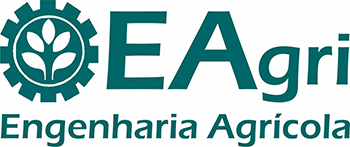Banana is the most consumed fruit in the world and Brazil is the second largest producer. Despite its global position, Brazil has an average of 40% losses during the post-harvest period. So, this experiment aimed at evaluating the efficiency of post-harvest treatments to improve the storage of banana cultivars cv. 'Prata', 'Maçã' and 'Nanica'. The fruits were acquired at CEASA with green peel, and were submitted to six different treatments: T- immersion in drinking water for 3 minutes (control), H3 - hot water (50 °C for 3 minutes), H8 - hot water (50 °C for 8 minutes), HP - immersion in hypochlorite 0.2% for 3 minutes, OS - immersion in soybean oil 10% for 3 minutes, and OM - immersion in mineral oil 10% for 3 minutes. The fruits were stored at room temperature at about 21 °C for 14 days and evaluated in three periods (1, 7 and 14 days) comparing peel color, flesh/peel ratio, titratable acidity (TA), soluble solids (SS), SS/TA ratio, and pH. The fruits of cv. 'Prata' and 'Maçã' submitted to the treatments H3, H8 and HP ripened at the same time as the control for peel color, which showed increased soluble solids, flesh/peel ratio, acidity and a decrease in pH. On the other hand, the cv. 'Nanica' did not respond significantly different when compared to the applied treatments and the control. The fruits treated with OM and OS were kept green for a longer time for the cultivars 'Prata' and 'Nanica', but there were some changes on peel color due dark spots in 'Prata' banana and a softening aspect in 'Nanica', indicating some level of toxicity of these treatments. Fruits of the 'Maçã' cultivar continued green with the application of mineral oil, without toxicity symptoms. In conclusion, the treatments applied did not show any advantage for storage of these fruits.
post-harvest loss; ripening; Musa sp





